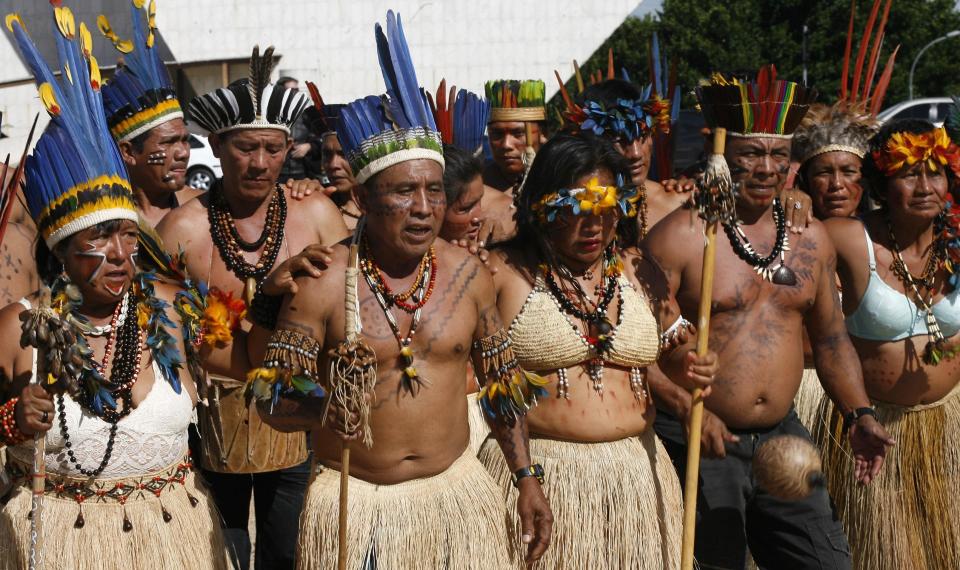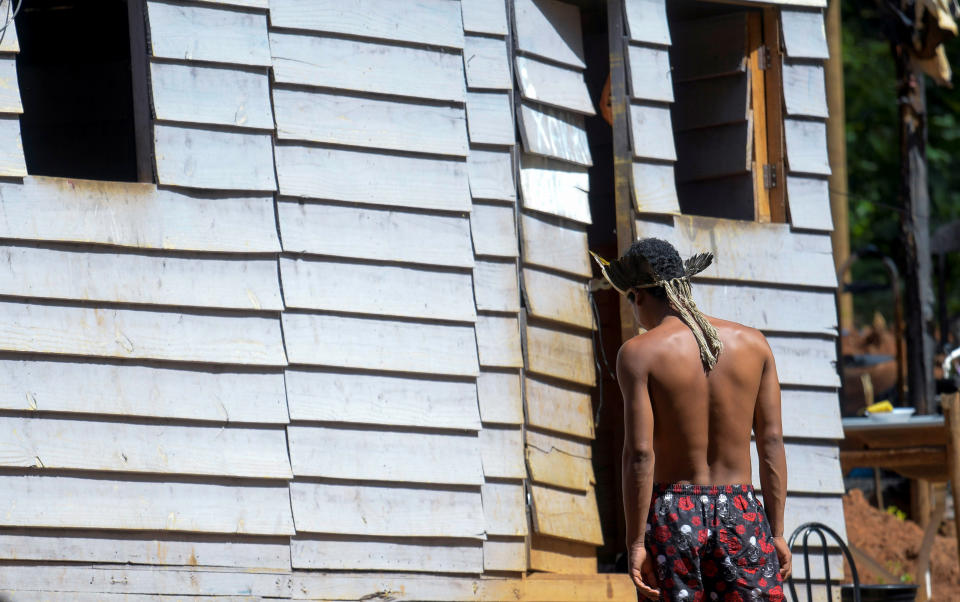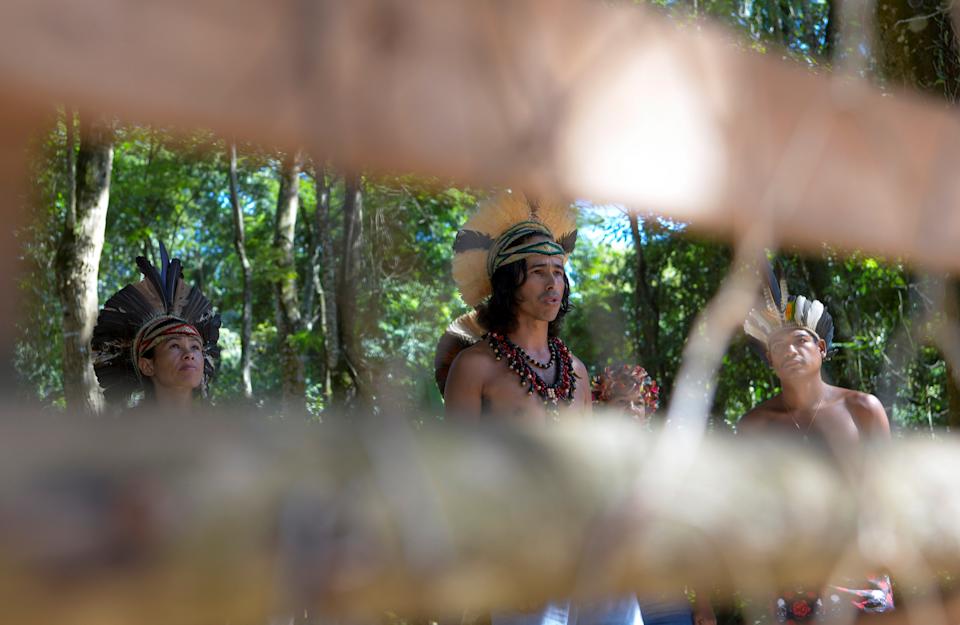Coronavirus could 'wipe out' thousands of people from indigenous tribes in the Amazon

Thousands of people belonging to indigenous Amazonian tribes are at risk of being “wiped out” by coronavirus - leading them to call for help from the international community.
Many of Brazil’s 850,000 indigenous people live in remote Amazon areas such as Manaus – with little or no access to healthcare or personal protective equipment (PPE) - prompting indigenous leaders to ask the World Health Organization (WHO) for help in providing equipment unavailable to health workers in tribal reservations and villages.
According to the Articulation of Brazil's Indigenous Peoples (APIB) – an umbrella association representing 305 tribes – deaths from the virus have increasing more than five-fold in the past month.
COVID-19 related deaths among Brazil's indigenous populations rose to 182 by 1 June – a rise of 154 fatalities from 28 instances recorded at the end of April.
And while scientists had hoped the remote locations of indigenous groups may have protected them from infection, the virus is starting to spread through Amazon communities.
Groups such as the Yanomami tribe – which has so far recorded three deaths and dozens of infections from coronavirus – say president Jair Bolsonaro’s government has not included the communities in national plans to fight the virus.
According to charity Survival International, there are growing fears the disease could wipe out thousands of Yanomami people, and devastate many communities who also live in the territory.

Dario Yanomami, of the Hutukara Yanomami Association, told the charity: “We are monitoring the COVID-19 disease spreading through our land and are very sad at the first Yanomami deaths.
“Our shamans are working non-stop to counter this xawara (epidemic). We will fight and resist.
“To do this, we need support from the Brazilian people and from the whole world.”

Amazonian indigenous groups are especially vulnerable to dying if they contract COVID-19 because they often live days away from professional medical help – and do not have access to communication channels such as phone and internet.
Marcos Espinal, director of communicable diseases at the Pan American Health Organisation, said these factors mean health risks are high if people in remote communities transmit the virus.
Speaking to the New Humanitarian, Espinal explained: “Indigenous communities historically have been prone to living in extreme poverty.

“They are also prone to have... malnutrition and pre-existing conditions. Other issues are access to supplies, food security, to water and sanitation. Indigenous groups need to be prioritised.”
The written appeal, signed by indigenous leaders and celebrities such as Oprah Winfrey and Sylvester Stallone, asked WHO chief Tedros Adhanom Ghebreyesus to provide PPE to medics in villages and reservations.
It said: “Communities have organised efforts to isolate their territories. Without the necessary personal protective equipment, this effort puts them at even greater risk. Aid packages promised by the governments are not reaching communities.”
Coronavirus: what happened today
Click here to sign up to the latest news, advice and information with our daily Catch-up newsletter
Read more about COVID-19
How to get a coronavirus test if you have symptoms
How easing of lockdown rules affects you
In pictures: How UK school classrooms could look in new normal
How public transport could look after lockdown
How our public spaces will change in the future
Help and advice
Read the full list of official FAQs here
10 tips from the NHS to help deal with anxiety
What to do if you think you have symptoms
How to get help if you've been furloughed


